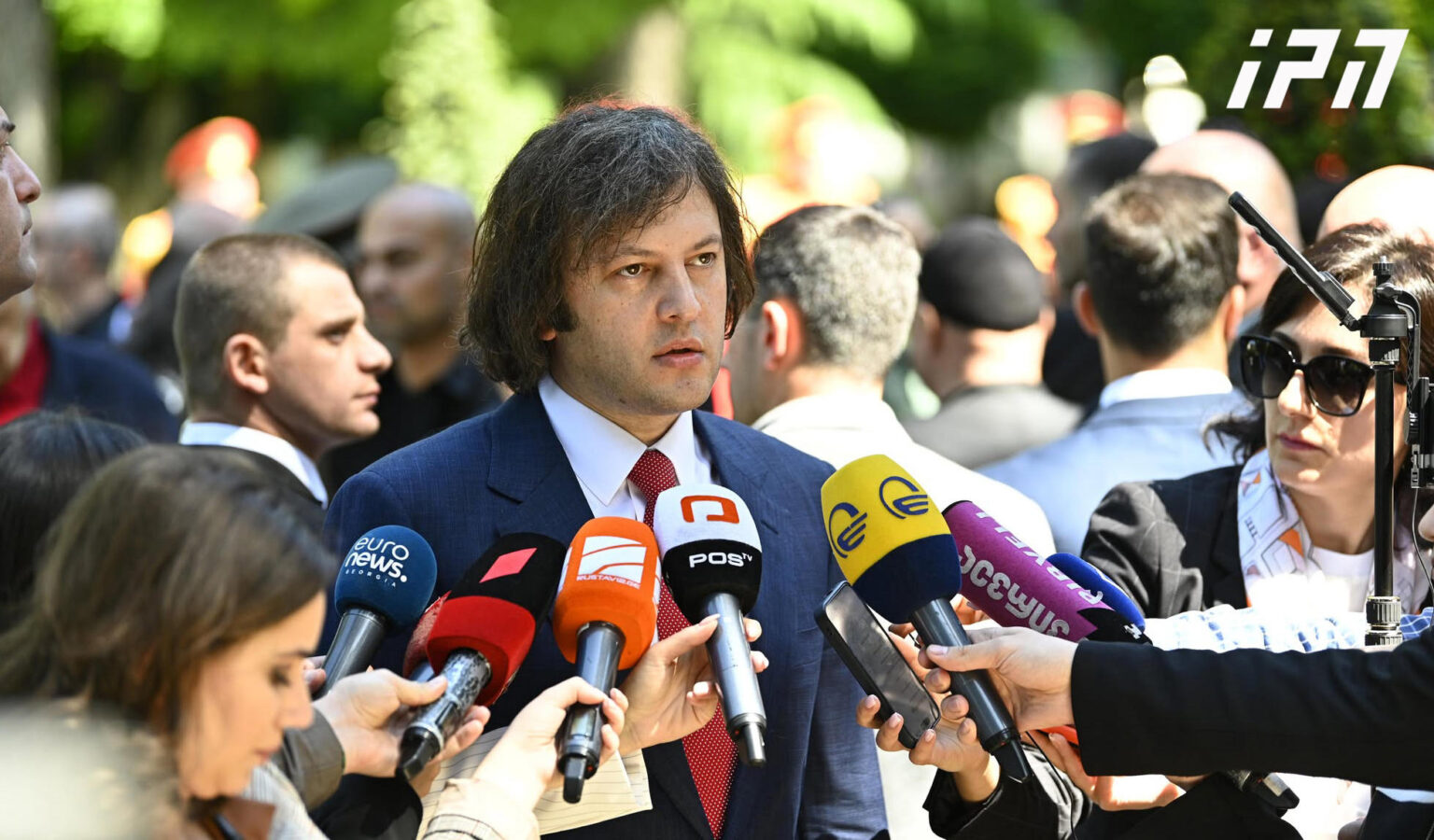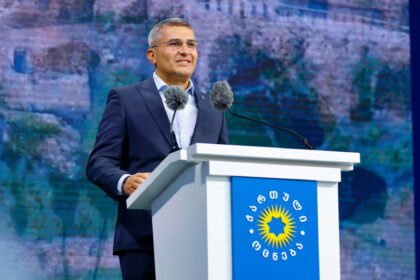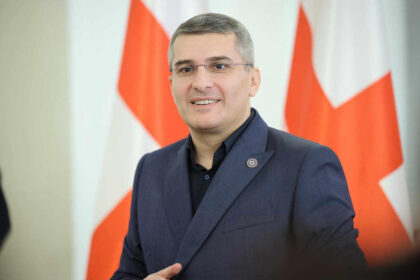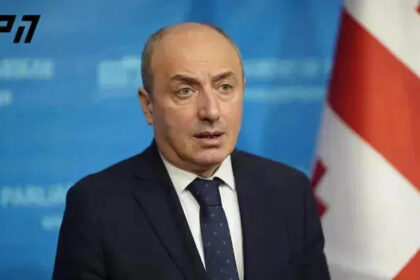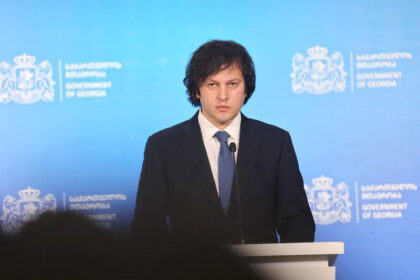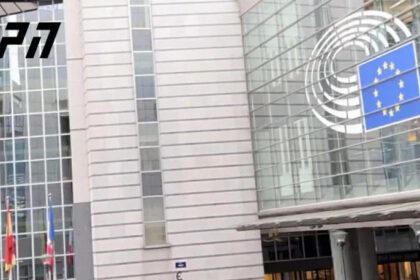**Estonia’s Sanctions Spark Tension with Georgia**
In a surprising move, the country of Estonia has imposed new sanctions on Georgia, sparking a stern response from Georgian Prime Minister Irakli Kobakhidze. Speaking to journalists, Kobakhidze expressed his strong disapproval of Estonia’s actions, labeling them as “extremely unfriendly” towards the Georgian people and government.
Despite this tension, it appears that Georgia is still committed to maintaining good relations with Estonia. As Kobakhidze noted, Georgia has chosen to remain in a unilateral friendship regime with Estonia, meaning that they are willing to put aside these differences for now and focus on building a strong partnership.
**The Backstory: Why Did Estonia Impose Sanctions?**
To understand the full context of this situation, it’s essential to know what led Estonia to impose sanctions on Georgia. While the specifics are not outlined in this article, it’s likely that there were underlying issues or disputes between the two countries that ultimately led to this decision.
**What Does This Mean for Georgian-Estonian Relations?**
As we move forward, it will be crucial to monitor how these tensions play out between Georgia and Estonia. Will Georgia’s willingness to maintain a unilateral friendship regime lead to improved relations in the long run, or are these sanctions a sign of deeper issues that need to be addressed?
**Expert Analysis: What Are the Implications?**
“This situation highlights the complexities of international diplomacy,” says Dr. Sarah Johnson, an expert on Eastern European politics. “While it’s understandable that Georgia is upset by Estonia’s actions, their decision to maintain a unilateral friendship regime suggests a commitment to finding common ground despite disagreements.”
“This could be seen as a positive sign for Georgian-Estonian relations in the long run,” Dr. Johnson continues. “However, if these sanctions are not addressed and resolved, they could ultimately lead to further strain on the relationship between the two countries.”
Read More @ www.interpressnews.ge




